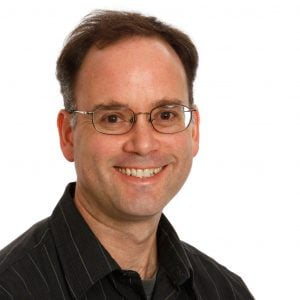 We are fortunate to have the leading CMT researchers share their latest progress at the Summit. HNF has invited Dr. Robert Burgess, a member of our scientific advisory board, to present his latest research.
We are fortunate to have the leading CMT researchers share their latest progress at the Summit. HNF has invited Dr. Robert Burgess, a member of our scientific advisory board, to present his latest research.
Dr. Robert Burgess is a Professor at The Jackson Laboratory in Bar Harbor, Maine, where he has directed a research group since 2001. Dr. Burgess received his B.S. in Biochemistry from Michigan State University, his Ph.D. In Neuroscience from Stanford University, and was a postdoctoral fellow at Washington University, St. Louis prior to joining Jackson.
A major focus of the Burgess lab is developing mouse models of inherited peripheral neuropathies using genome editing techniques. These animal models are then used to better understand disease mechanisms and for preclinical testing of therapeutic approaches. This research is funded by several agencies including the National Institutes of Health and the Muscular Dystrophy Association.
Dr. Burgess is on the scientific advisory board of the Hereditary Neuropathy Foundation, and also serves on the Cellular and Molecular Biology of Neurodegeneration grant review panel for the National Institutes of Health. Dr. Burgess is married with two (nearly) grown children, and enjoys living next door to Acadia National Park.
HNF: Why did you choose to present your research at the Summit?
Dr. Burgess:
I am a CMT researcher, but what started as a scientific interest has grown as I have integrated into the CMT research community and become more involved with patients and advocacy groups such as the HNF.
HNF: How has CMT affected your life?
Dr. Burgess:
I now appreciate this is an important but often overlooked condition, with a growing and dedicated community seeking a cure.
HNF: What do you hope attendees take away from the Summit?
Dr. Burgess:
I hope that patients will take away that there is a focused research effort trying to develop treatments for CMT. While more effort and involvement would always be welcome, the real challenge is the underlying biology. These are difficult diseases to treat and we do not have a well-trodden path to follow in terms of developing therapies. Progress is being made and many people are truly dedicated to this problem.



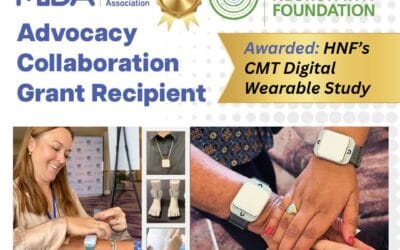

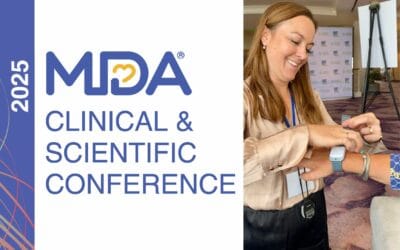

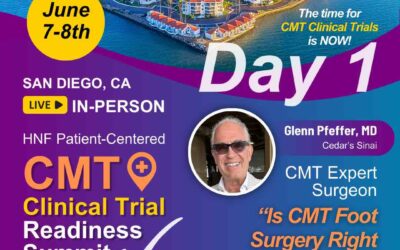
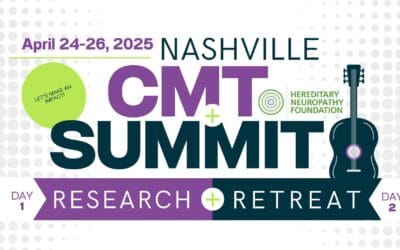




0 Comments